Windows vs macOS: Which is better for you?
The Windows vs macOS debate has raged for decades. Generally speaking, both operating systems deliver similar functionality However, there are enough differences to draw folks to one camp over the other.
It comes down to what’s most important to you. Do you want an easy-to-use operating system, or one that provides greater flexibility? Is security a priority? What about interoperability with other systems? All of these questions are important in figuring out if Windows or macOS is better for you.
Below, we’ll go over the most important features of Windows 11 and macOS Ventura, the two latest iterations of these titanic operating systems. Our goal is to provide an overview of what Windows and macOS have to offer to help you determine which OS best suits your needs. If you’re just seeking validation for your preferred OS, you won’t find that here.
With that said, let’s see how Windows and macOS stack up against one another.
Windows vs macOS: Hardware
macOS is exclusive to Apple computers. That means it’s only meant to run on devices like the MacBook, iMac, Mac Mini and Mac Pro. In contrast, Windows runs on everything from powerful workstations to the diminutive Raspberry Pi. If it computes, it likely runs on or can run Windows.
As of April 2022, 74% of computers worldwide run on Windows, according to StatCounter (opens in new tab). This dwarfs macOS, which accounts for 15%; with Linux, ChromeOS and “unknown” filling out the other 10%. That makes Windows one of the most ubiquitous operating systems on the planet.
Computers running on Windows also have a greater degree of customization compared to Apple’s. You’re free to change a PC’s CPU, GPU, memory and storage far easier than you can with an Apple device – if you can even customize said Apple product at all.
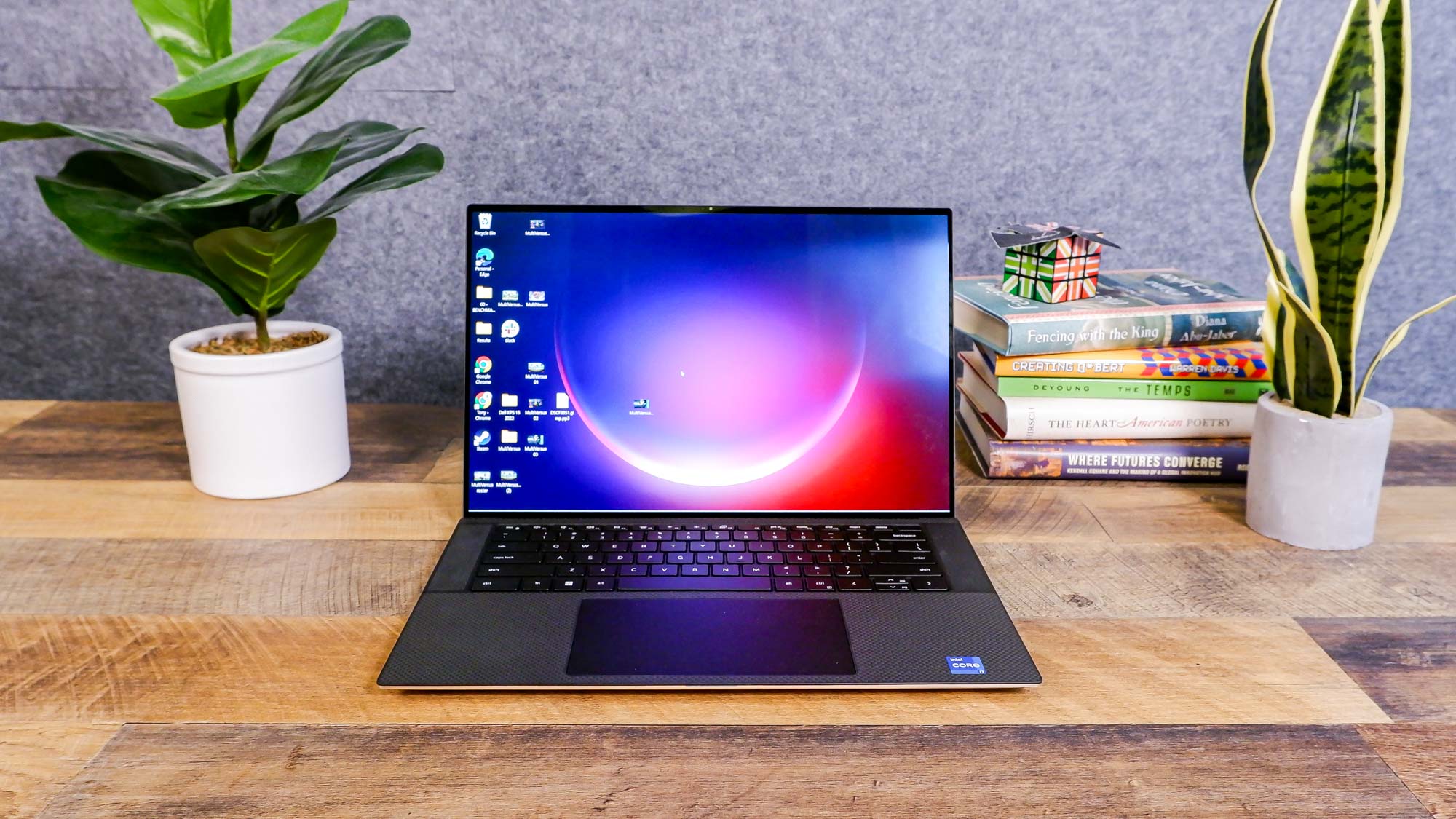
Since Windows runs on more devices, you’re free to select a machine that suits your budget. While Apple generally manufactures quality hardware, the company’s prices can be steep for some people. By comparison, you can buy one of the best budget laptops like the Microsoft Surface Go 2 for under $500.
With that said, choosing a device from among the best Windows laptops can be challenging. Even machines with similar or identical specs may perform differently because they’re manufactured by various vendors. On the other hand, Apple manufactures its own hardware and software, which makes it simpler to select which computer you need.
Windows vs macOS: First-party apps
Windows and macOS each come with their own slew of first-party apps and programs. You’ll get the basics with both, including a web browser, file explorer, calendar, voice recorder, video editor, widgets, cloud-based storage and more.
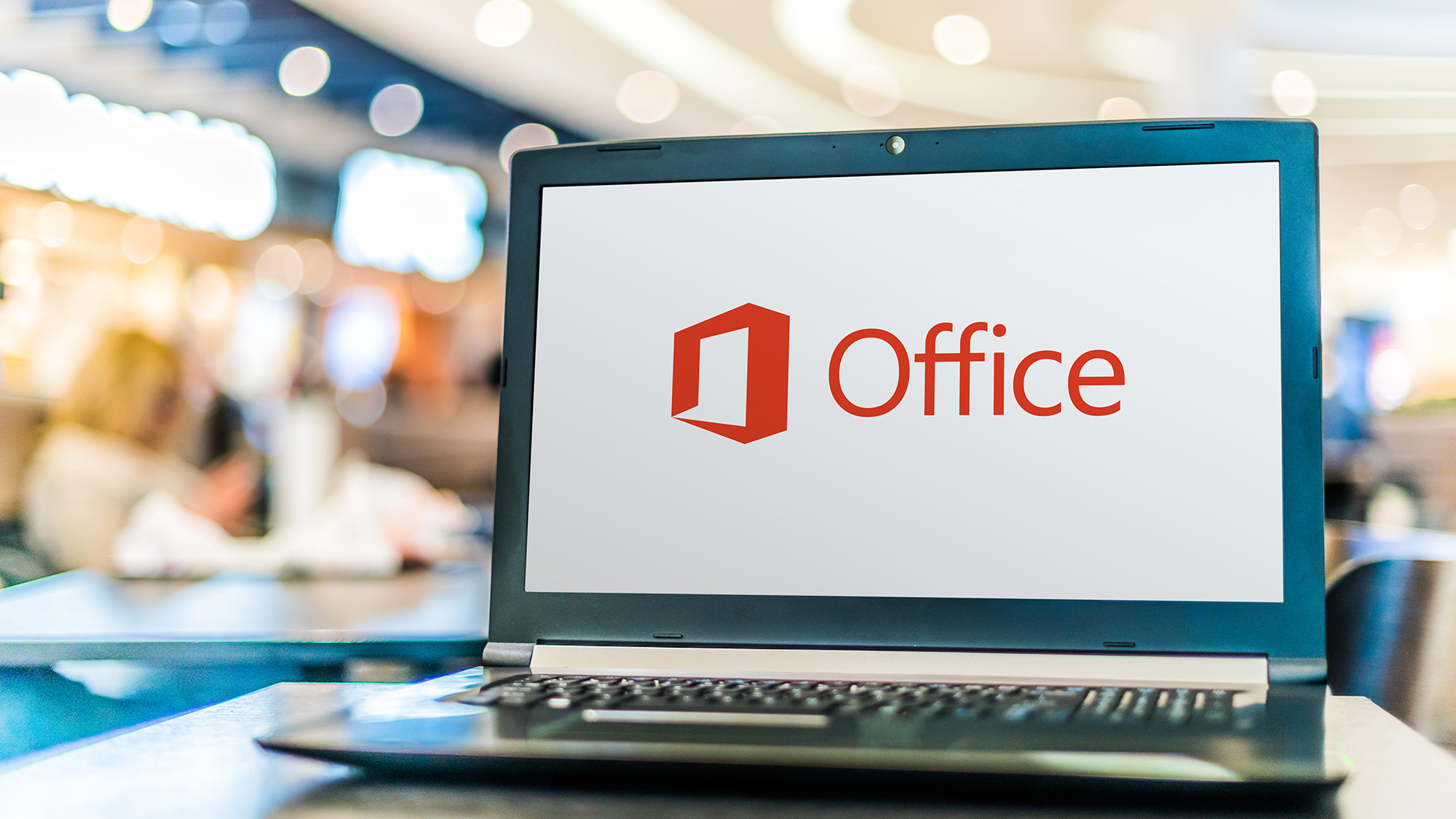
Windows and macOS have different names for similar office tools. Where Microsoft Office has Word, Excel and PowerPoint, Apple’s iWork suite has Pages, Numbers and Keynote. Given their similarities, it’s hard to say which OS has better office tools. Microsoft Office is more widely used because there are more Windows machines in the world. However, unlike Microsoft Office, iWork is completely free.
Windows vs macOS: Third-party apps
You can download third-party apps on both Windows and macOS via the web or the platforms’ respective app storefronts.
While the Mac App Store is a bit more vital than the Microsoft Store in terms of apps, both operating systems support a variety of programs and can download and run them directly from the web. This is a major selling point of a laptop or desktop PC — the promise that you can download files and software directly to your device, without being limited to what’s on offer in an app store.
However, the variety of software available is generally more diverse on Windows than Mac. This is especially true of PC games, which are generally designed for Windows PCs and only sometimes offer native Mac versions.
While any software that runs on Windows can be made to run on macOS if you emulate a Windows environment on your Mac using software like Parallels, that requires a fair bit of effort. So in general, it’s wise to think about what kinds of software you need to use regularly, then check and see if that software is available on Windows, Mac, or both.
Windows vs macOS: Security/safety
Because of Windows’ open nature, computers running the operating system have been besieged with viruses, spyware, ransomware and other types of vicious malware. Since Windows is so ubiquitous, it’s no surprise that it has to contend with so much malware. Microsoft has done an admirable job releasing security updates in recent years. However, given the sheer number of Windows users, the operating system will suffer a greater volume of attacks.

macOS is more secure than Windows because of the company’s policies and the lower number of machines running Apple’s operating system. Fewer computers mean fewer people creating malware for the OS. But as we said, that doesn’t make macOS impervious to malware. You’d still do well to install antivirus software on Macs.
Windows vs macOS: Compatibility
When it comes to compatibility and device integration, no company can match Apple’s ecosystem. Because the company manufactures its own hardware and software, it’s able to make devices like the iPhone, iPad, MacBook, Apple Watch, AirPods and Homepod work well with one another.
For example, if you get a text message on your iPhone, you can respond on your iPad or MacBook. Thanks to services like iCloud and AirDrop, you’re also able to share photos and files across various Apple devices. The Apple Watch can unlock a Mac or iPhone when it’s in close proximity, while features like Stage Manager allow you to share work across Macs and iPads. The updated Continuity Camera will even let you use your iPhone as a webcam.
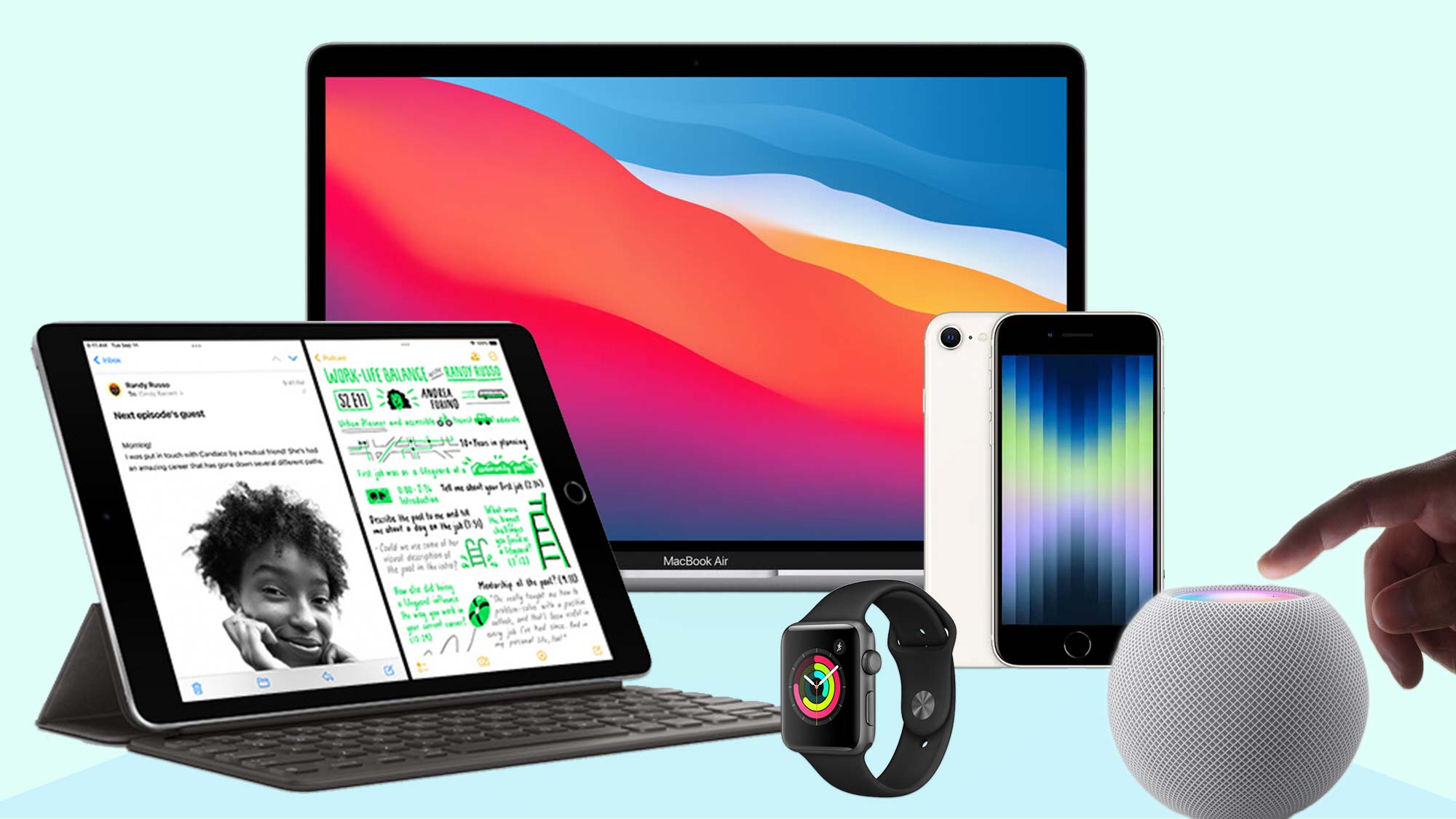
Because Windows PCs and devices supporting Windows are manufactured by different companies, the platform doesn’t enjoy the same level of interoperability as the Apple ecosystem. But while you can’t seamlessly share data between devices as you would with Apple products, some integration still exists on Windows.
Apps like Microsoft Launch and Phone Link work with the best Android phones. As with an iPhone and Mac, you’re able to share files and web pages and even SMS messages between devices. This isn’t as expansive or intuitive as Apple’s vaunted ecosystem, but it’s something.
Windows vs macOS: Update frequency
Windows receives far more updates than macOS, especially security updates. While it’s good that Microsoft often swiftly releases security updates, it can get frustrating updating Windows multiple times a month (as is sometimes the case).
Though updates help beef up security on Windows, these updates sometimes cause issues of their own. As we said, there are multiple computers capable of running Windows. Because of that, some updates could cause unforeseen problems. Trying to remedy these issues can potentially cause further problems that require additional patches.
macOS updates don’t always work as intended, but they have a better track record than Windows updates. Since Apple doesn’t release so many updates, it can take its time fine-tuning them. And since the company is releasing updates for computers it manufactures, it can better ensure updates won’t cause many (or any) problems.
As far as major planned updates that introduce major new features, both companies now release one every year. Microsoft used to introduce significant updates more frequently but has opted for annual releases like Apple. Macs will get the release version of macOS Ventura in Fall 2022 and the next big Windows 11 update is also expected at that time.
Windows vs macOS: User experience
Apple designed macOS to be intuitive for most people. The company’s “it just works” tagline exits for a reason. And this isn’t true of just macOS. All of Apple’s operating systems, from iOS, iPadOS, WatchOS and so on are built with the user experience at the forefront. If you’ve never used a computer before, you’ll likely find macOS easier to handle.
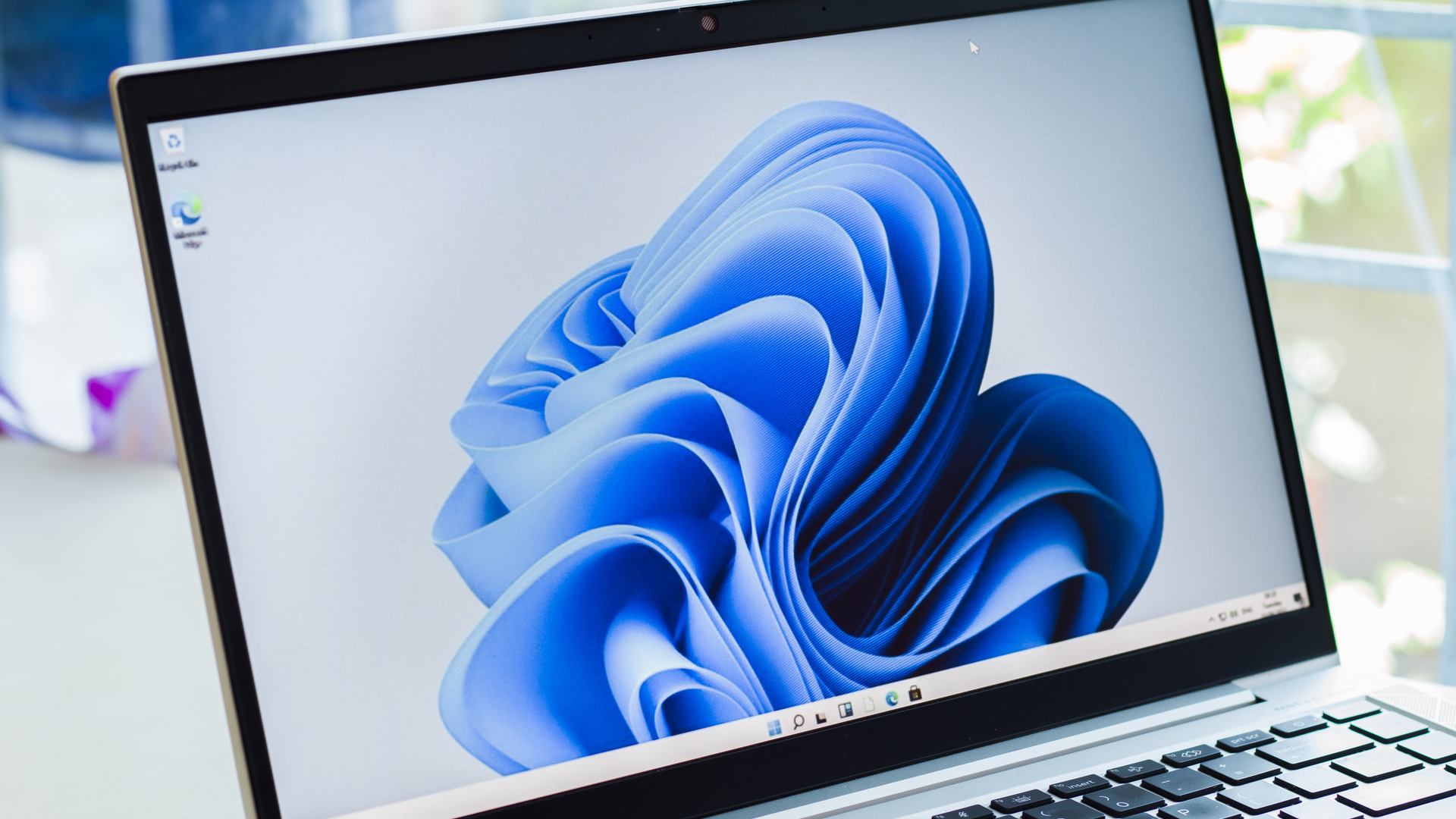
On its surface, Windows isn’t overly complicated – especially Windows 11. However, there’s a deeper well of menus and options when compared to macOS. This can make troubleshooting a pain, but it also means there are multiple solutions to any given problem. Windows isn’t as elegant as macOS, especially when you really dig deep and see anachronistic windows and programs – but you get a greater range of flexibility than what Apple allows.
The Windows taskbar and macOS Dock is a point of contention for some. On macOS, clicking on an app’s icon in the Dock doesn’t open a window. Instead, you’ll see the app’s menu at the top of the screen in the Menu Bar. This can be confusing for Windows users who are used to seeing Menu options within an app’s or program’s window. Windows’ taskbar offers more options. For example, hovering the mouse cursor over a taskbar button brings up a small version of its program window.
Windows vs macOS: Gaming
This section isn’t even a contest. If you want to do serious gaming on your computer, Macs won’t suffice. While macOS has Apple Arcade and its version of the Steam store, the offerings pale in comparison to what’s available on Windows platforms. And when you factor in hardware customization that allows users to upgrade components like graphics cards and CPUs, there’s no question that gaming is superior on PC.
Windows has the Xbox app, which lets you play games purchased from the Microsoft and Xbox stores. Xbox Game Pass, which is Microsoft’s gaming subscription service, offers hundreds of downloadable and streaming games from Microsoft’s own first-party studios as well as third-party publishers. Game launchers like Steam and GOG also have robust libraries available for PC players. The emulation scene is also healthy on PC.
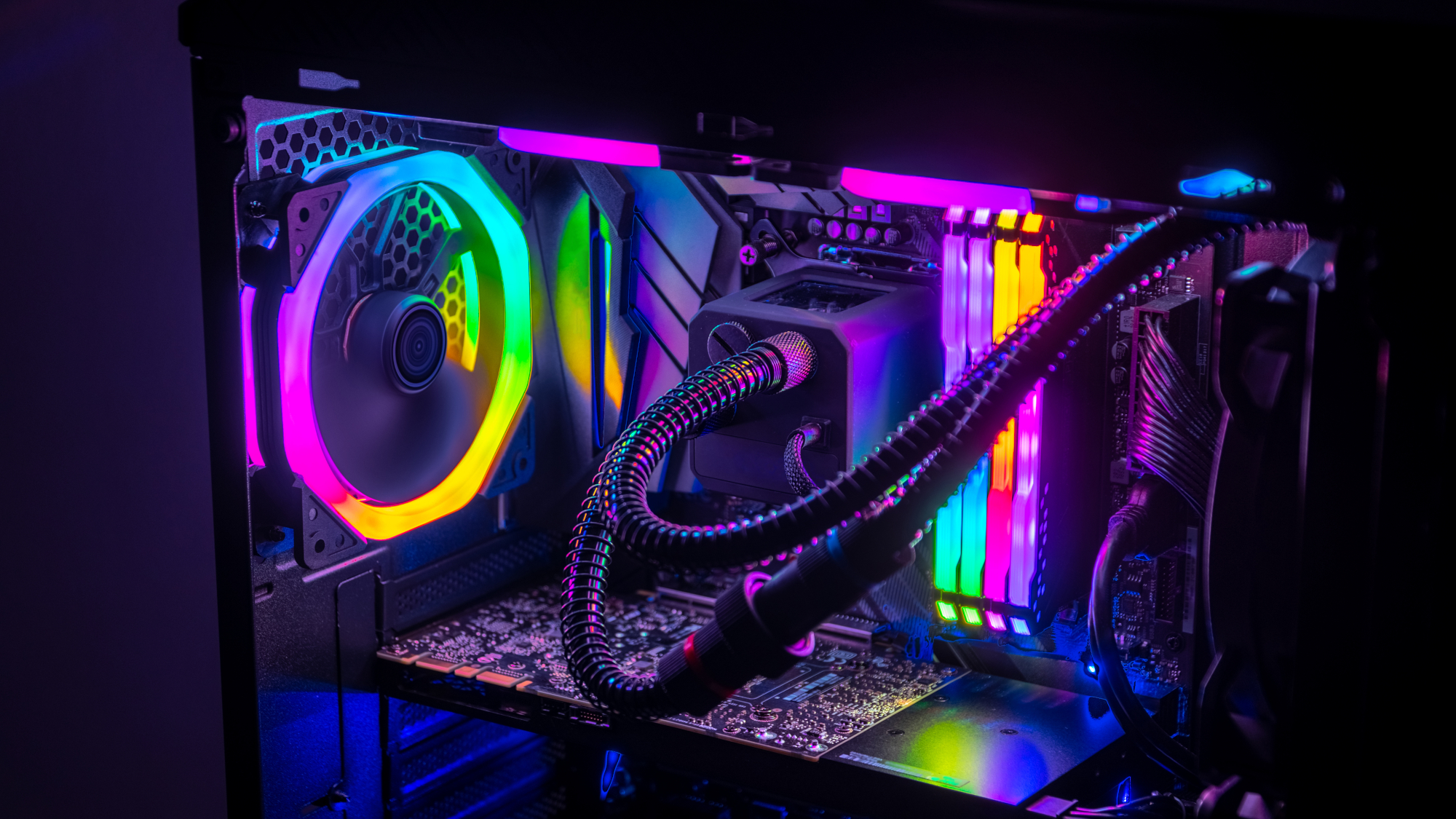
Though Apple is behind on gaming, the company is trying to make its platform more enticing to gamers. Things may soon change thanks to the Apple M2 chip, macOS Ventura and the Metal 3 API. With these, Apple hopes to make games look better and take advantage of the graphical capabilities of Apple silicon. Considering how high-profile titles like Resident Evil Village and No Man’s Sky are expected for Macs later this year, it seems Apple is finally going to deliver high-end gaming experiences.
But presently, Windows PC is the best gaming platform outside of dedicated home video game consoles.
Windows vs macOS: Which is better for you?
Apple computers are great for professional video and audio editors because programs like Final Cut Pro have greater adoption in creative fields. Macs packing the powerful Apple M1 and Apple M2 chips are on par with dedicated workstations. The interoperability between Apple devices and services is the envy of many tech brands and the platform’s security is practically unrivaled. It’s also the easiest operating system for first-time PC users because of its intuitive interface.
If you value high-end PC gaming, then Windows is the only real choice given the vast support the platform receives from game developers and publishers. Windows’ larger adoption rate and affordable hardware options also make it ideal for most people, even if the operating system is sometimes unintuitive or subject to the majority of malware attacks. Though perhaps not as user-friendly as macOS, Windows delivers a good balance between simplicity and complexity.
At the risk of disappointing you, our dear reader, we’ll abstain from declaring a definitive winner. Windows and macOS each have their strengths and weaknesses. Microsoft’s operating system offers a greater degree of freedom in terms of software and hardware customization and it’s available for more devices. And while Apple’s hardware offerings aren’t as robust or affordable as Windows PCs, you’ll get a more finely-tuned experience that’s designed with ease of use at the forefront. It all comes down to what you need your computer for.
For all the latest Technology News Click Here
For the latest news and updates, follow us on Google News.
